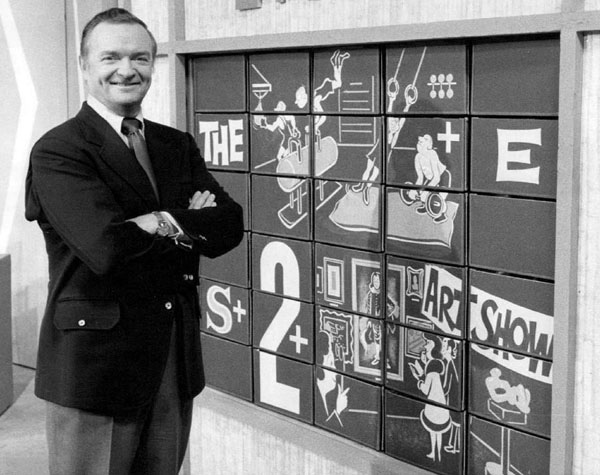Seven Other Outrage-Inducing Words We’re Literally Misusing
(Image credit: flickr)
English is dead! Long live English!
You may have seen the alarm go up: the word “literally” can now mean, by some official sanction, “not actually literally at all.” I know, it’s horrible, but unscrunch your undergarments for a sec. Rumors of the demise of our lovely language have been greatly exaggerated, and “literally” is not to blame.
In fact, we use plenty of common words in ways that are antithetical to the, yes, literal meaning. Hyperbole is irresistible: we’re only human, and humans love to exaggerate. Think you’re innocent? Rally your armchair etymologists around this hit list of misused words.
Awesome, adj. Impressive or daunting; inspiring great admiration, apprehension, or fear
Real talk: when was the last time you appended this to something that actually made you afraid? Pretty sure that there’s nothing trepidation-inducing about that Instagram shot of your buddy’s rooftop view or your weekend plans to visit a new watering hole with your crew. Those things aren’t inspiring apprehension; they’re just cool. Which, actually…
Cool, adj. Of or at a fairly low temperature
The popular use of this chillaxed modifier is a modern invention, dating back only to the 1930’s. Prior to that, the figurative use of “cool” signified being “calmly audacious” in around 1825, and, when applied to sums of money c. 1728, “large.” Point being: the winds of change have long been blowing through semantic fields.
Nauseous, adj. Causing nausea; sickening or disgusting.
Saying “I’m nauseous,” to express an upset tummy is like saying “I’m exhausting” to tell people you’re tired. It’s literally the opposite meaning—you’re the afflict-ee, not the afflict-or, and “nauseated” is the word you’re looking for.
Anniversary, n. Of a significant event, a day that is an exact number of years (to the day) since the event occurred.
We’ve got the Latin roots for year, “annus,” and to turn, “vertere,” simple as a Byrds song (or Ecclesiastes, for that matter). Every time you say something like “it’s our 3-month anniversary!” a philologist weeps.
Badass, n. Cool Tough guy or gal.
Let me break this one down: “bad” means “not good.” “Ass” has signified stupidity and clumsiness since the time of the Ancient Romans (cf. asinine). So how does putting them together suddenly yield a laudatory epithet? Yeah, thought so—literally illogical.
Phenomenal, adj. Perceptible by the senses through immediate experience.
Where is the outrage over this abuse?! Given that the Greek word “phainomenon” means “that which appears or is seen,” why on Earth would it make sense to mutate it into an English adjective that’s come to mean “exceptional”? You can see lots of things that are totally boring and ordinary.
Cleave, v. To adhere. Or maybe to split apart?
Seriously, though: if you’re going to [sic] a linguistic thought police on a misused English word, start with this one. It has two totally valid meanings that are utterly opposite, people! This cannot stand. I say we go back to the Old English forms and nip this rogue class 2 strong verb in the bud.
In conclusion, I come not to bury English, but to praise it; let he or she who is without semantic abuse cast the first stone—and not literally, please.

Blair Thornburgh
BLAIR THORNBURGH is a graduate of the University of Chicago, where she earned a B.A. in medieval studies and delivered a pretty good commencement speech. She lives in Philadelphia.

